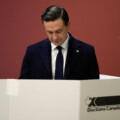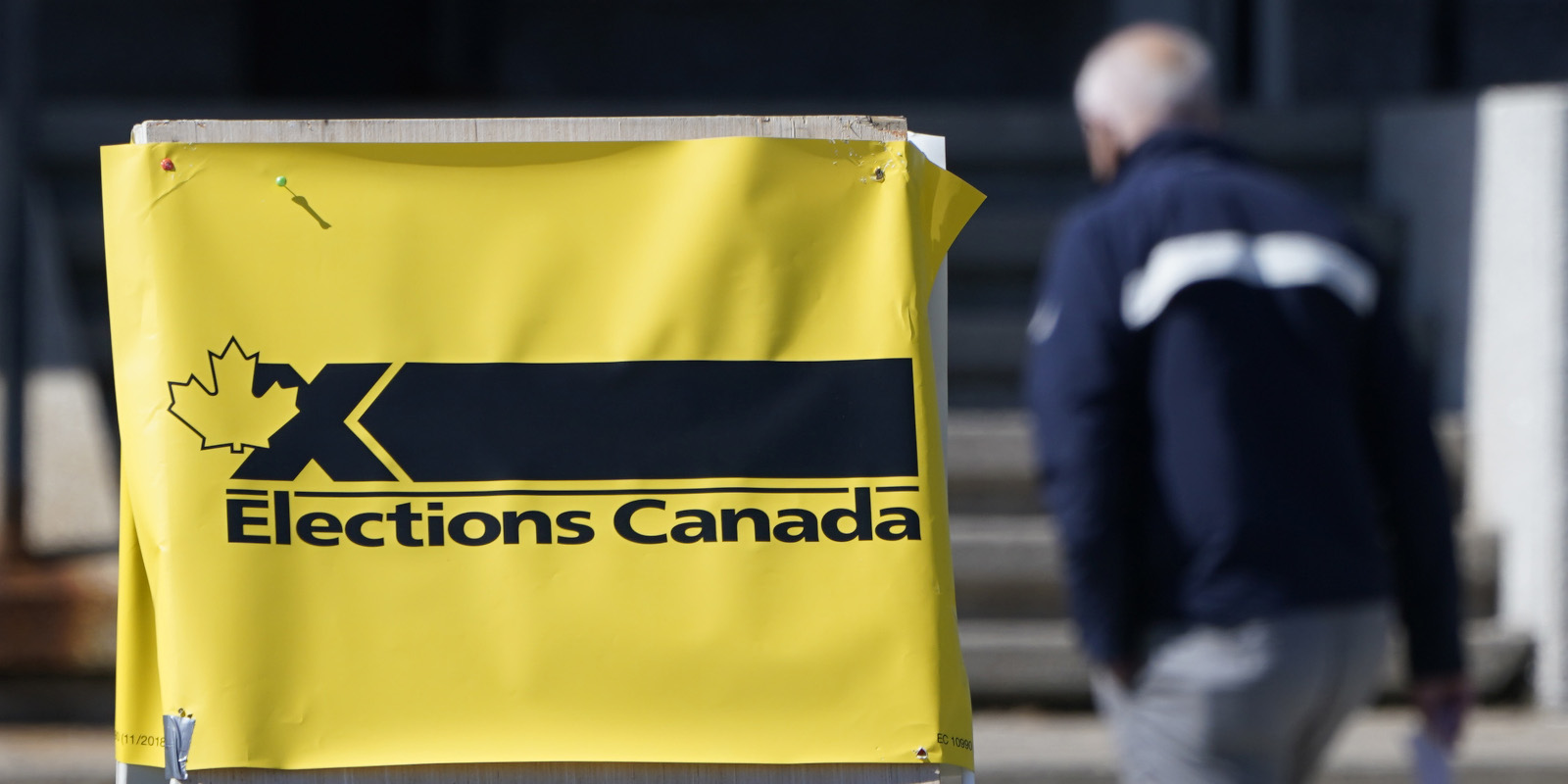Welcome to The Hub’s Federal Election 2021 Policy Pulse, where we’ll be tracking all the policy announcements from the major parties, with instant analysis from our crew of experts.
With the election scheduled for Sept. 20, we’ll be monitoring 36 days worth of policy ideas, so watch out each morning for the day’s live blog where we’ll be tracking every announcement as it happens.
Saturday
Liberal leader Justin Trudeau was in Mississauga on Saturday to draw attention to his party’s plan for mandatory vaccinations for travellers, a Canada-wide $10 a day daycare program that was announced in the most recent budget and housing affordability.
Conservative leader Erin O’Toole was in Whitby, Ontario on Saturday where he packaged several initiatives from his party’s platform as a “plan for the Greater Toronto Area.” O’Toole highlighted his party’s plan on housing, the proposed “GST holiday” in December and potential funding for transit infrastructure.
NDP leader Jagmeet Singh was in Vancouver on Saturday to promote his plan for housing, which focuses primarily on a promise to build 500,000 new affordable housing units. Singh also promised to build, repair or preserve 1.7 million homes over the next four years.
Recommended for You
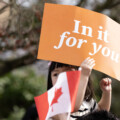
Fred DeLorey: Why the NDP may be in even bigger trouble than we think
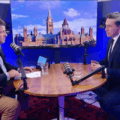
‘We have to cap population growth’: Ten quotes from Pierre Poilievre’s EXCLUSIVE Hub interview
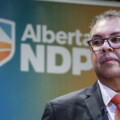
A win, a warning, and a wobble in Alberta’s byelection results
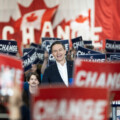
‘We now have to build on the coalition’: Pierre Poilievre on his federal election loss and the future of Canada and the Conservative Party
